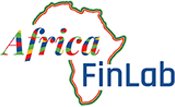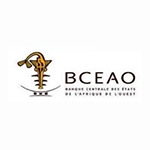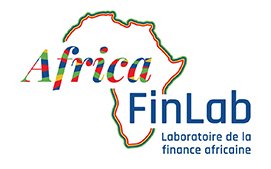Burkina's economic growth recovered to 6.7 percent in 2021 from 1.9 percent in 2020. Inflation was 3.9 percent in 2021, reflecting rising food prices. The current account, usually in deficit, is in surplus at 3.8 percent of GDP in 2020 and 5.2 percent in 2021. The SDR allocation of $163 million was used primarily to strengthen the health system and support vulnerable households. (Download detailed Analysis Source : Report African Economic Outlook 2022 ; AfDB)
Burkina Faso is a member of the West African Economic and Monetary Union (WAEMU) and is a member of the Regional Stock Exchange (BRVM), a stock exchange common to all eight (8) countries of the union. At the end of December 2022, the BRVM had 46 listed companies representing a market capitalization of $12.2 billion. Foreign direct investment flows to Burkina recorded very strong growth in 2018 (10333%) rising from $2.6M in 2017 to $268.4M. They went into negative territory in 2020 and then stood at $137.4M in 2021, a 234% growth.



